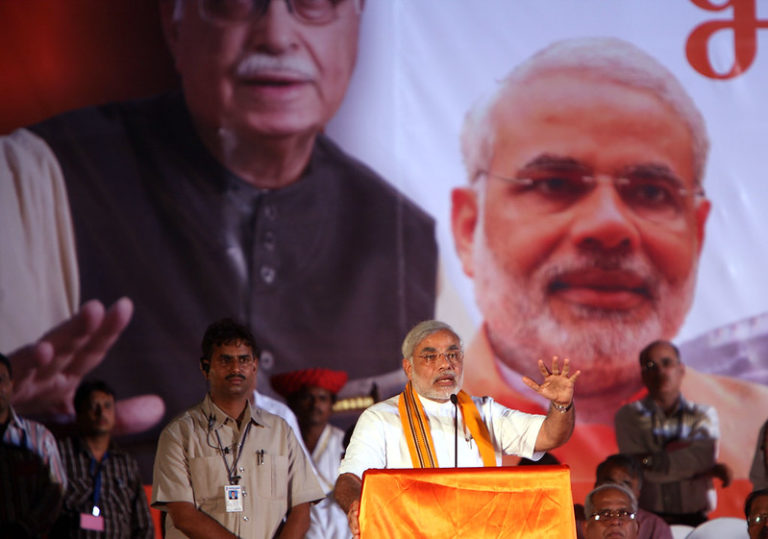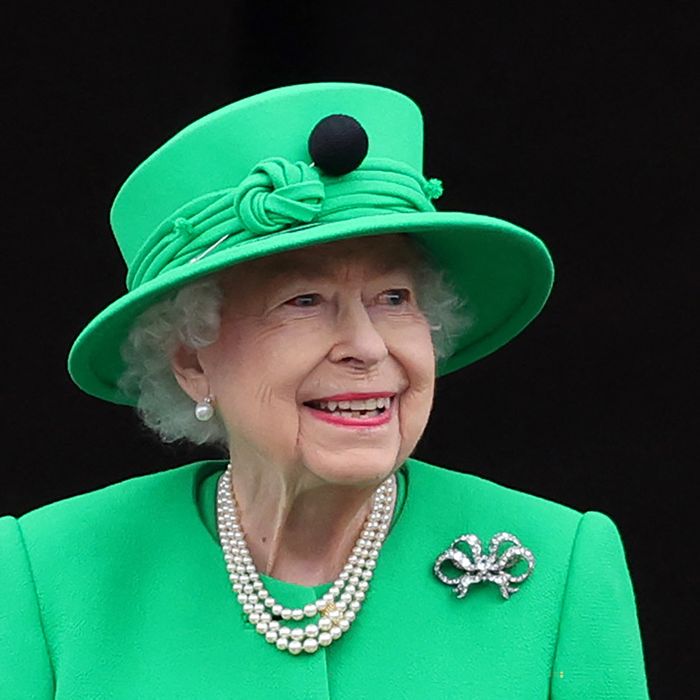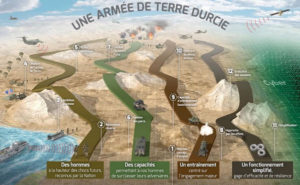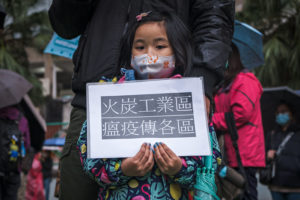Letter from La Vigie, 20th July 2022
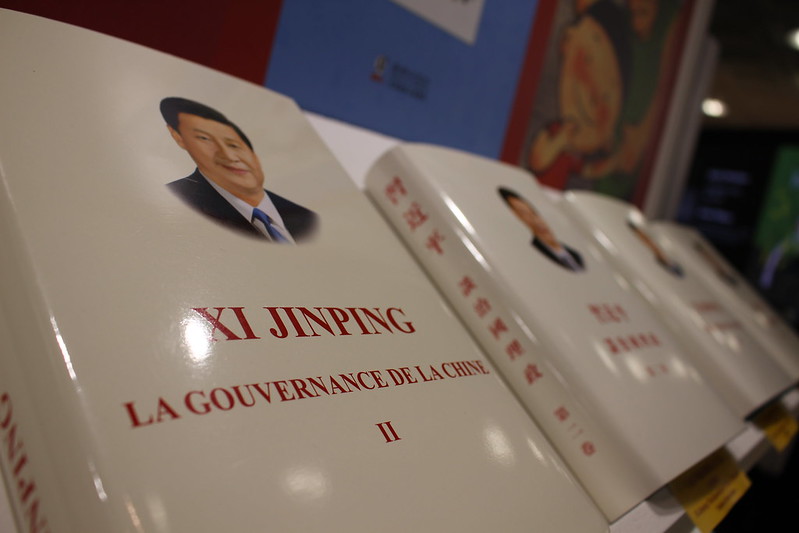
European Security 2022: to the results
At the results in mid-2022, the war in Ukraine appears as a major hitch in the trajectory of European security 30 years after the Cold War: a suffering Ukraine, a raw front line in the heart of a continent that is freezing, a postponed European reunification, a Russia that is turning its back on Europe and engaging in new Asian cooperative horizons. France, which cannot be satisfied with this, must retain its freedom of thought and proposal in the face of this strategic discontinuity. This war is first and foremost a question of European security, to be dealt with first and foremost among Europeans. Can we still force Russia to accept a more cooperative framework of cohabitation in Europe through a real and better coordinated strategic containment? It is by answering this question that France will be able to revise its military posture and avoid the anachronistic trap of a massive capability grooming.
To read the article, click here
The Chinese question
China is experiencing a sudden economic slowdown, due in large part to a brutal zero-covid policy. This is undermining a system based on successful growth. It affects Beijing’s international posture: less towards the near abroad than the implementation of its global policy. These economic challenges pose political problems that will be at the heart of the next CCP Congress this autumn.
To read the article, click here
Lorgnette: Heatwave
What does the recent heatwave in France and Europe tell us? First of all, the reality of climate change, now measurable by everyone, at the level of human experience. The novelty of the current episode lies in its brutality, which makes it a radical departure from the climatic variations that the earth has experienced in the past, which extended over hundreds and thousands of years. The cause is most certainly also human.
It should also be noted that it coincides with the development of globalisation in the 1980s: the emergence of the Third World and the transformation of numerous countries into manufacturing workshops has led to production, trade and consumption. The heat wave is the counterpart of our prosperity. And if China is responsible for 30% of the planet’s greenhouse gases, it is because it produces for the Western consumer.
Symbolically, this heatwave also reflects the political and economic disruption of the world. Wars and conflicts are still raging (Ukraine, Yemen, Sahel) and popular riots are on the rise (Sri Lanka, Panama). Everywhere, the planet is experiencing a heat wave.
This is worrying.
Subscribers: click directly on the links to read online or download the pdf issue (here), always with your login/password. New readers: read the article by issue, by clicking on each article (€2.5), or subscribe (discovery subscription €17, annual subscription €70, orga. subscription €300 excl. tax): here, the different options.
JOCVP
Photo credit: ctuaLitté on VisualHunt.com
